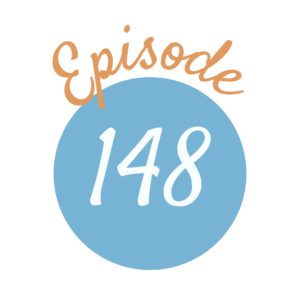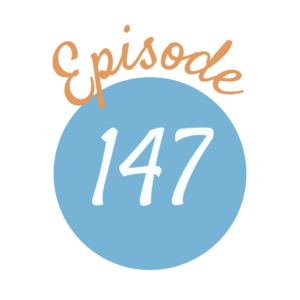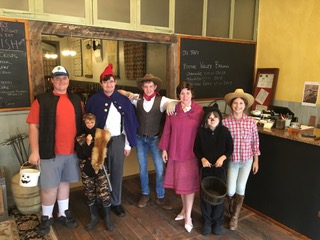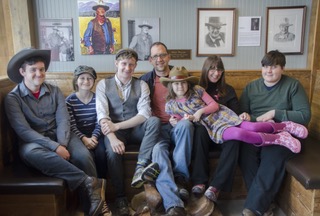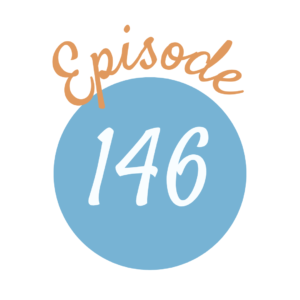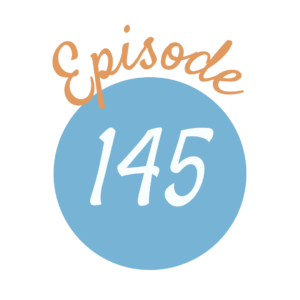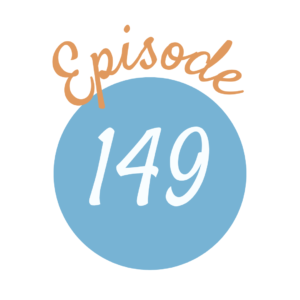
Charlotte Mason has given us a method of education. What does this imply? Was it based on tradition? science? natural or divine law? And, what in all practical use, do these questions have to do with the day-in and day-out teaching of our children. How much do we consider the evidence of modern research and measurement in determining our curriculum or our teaching techniques? Join the rousing discussion between our friend, Art Middlekauff, and Emily, Nicole, and Liz as we wrestle with the true goal of education and the push and pull of modern convictions.
Listen Now:

An Essay Towards a Philosophy of Education (Volume 6), pp. 9-17

“Method implies two things––a way to an end, and a step by step progress in that way. Further, the following of a method implies an idea, a mental image, of the end or object to be arrived at.” (1/8)
“[T]he fact is, that a few broad essential principles cover the whole field, and these once fully laid hold of, it is as easy and natural to act upon them as it is to act upon them as it is to act upon our knowledge of such facts as that fire burns and water flows. My endeavour in this and the following chapters will be to put these few fundamental principles before you in their practical bearing.” (1/10)
“I began under the guidance of these Anglo-Indian children to take the measure of a person and soon to suspect that children are more than we, their elders, except that their ignorance is illimitable.” (6/10)
“A book may be long or short, old or new, easy or hard, written by a great man or a lesser man, and yet be the living book which finds its way to the mind of a young reader. The expert is not the person to choose; the children themselves are the experts in this case. A single page will elicit a verdict; but the unhappy thing is, this verdict is not betrayed; it is acted upon in the opening or closing of the door of the mind.” (3/228)
“We become aware of an altogether unnatural and irreligious classification into things sacred and things secular…” (3/129)
“We do not merely give a religious education, because that would seem to imply the possibility of some other education, a secular education, for example. But we hold that all education is divine, that every good gift of knowledge and insight comes from above, that the Lord the Holy Spirit is the supreme educator of mankind, and that the culmination of all education (which may, at the same time, be reached by a little child) is that personal knowledge of and intimacy with God in which our being finds its fullest perfection.” (3/95)
“We do not sufficiently rejoice in the wealth that the infinite nature of our God brings to each of us.” (2/273)
“We allow no separation to grow up between the intellectual and ‘spiritual’ life of children, but teach them that the Divine Spirit has constant access to their spirits, and is their continual Helper in all the interests, duties, and joys of life.” (“Principle 20”)
“We do not mean that spiritual virtues may be exhibited by the teacher, and encouraged in the child in the course of a grammar lesson; this is no doubt true, and is to be remembered; but perhaps the immediate point is that the teaching of grammar by its guiding ideas and simple principles, the true, direct, and humble teaching of grammar; without pedantry and without verbiage, is, we may venture to believe, accompanied by the illuminating power of the Holy Spirit, of whom is all knowledge.” (2/274)
“Code of Education in the Gospels.––It may surprise parents who have not given much attention to the subject to discover also a code of education in the Gospels, expressly laid down by Christ. It is summed up in three commandments, and all three have a negative character, as if the chief thing required of grown-up people is that they should do no sort of injury to the children: Take heed that ye OFFEND not––DESPISE not––HINDER not––one of these little ones.” (1/12)

Principles of Mental Physiology, William Carpenter (online here)
Charlotte Mason: Hidden Heritage and Educational Tradition, Margaret Coombs
(Contains Affiliate Links)

Charlotte Mason Poetry (Notes of Lessons)
Charlotte Mason Poetry Podcast
Episode 13: The Saviour of the World

